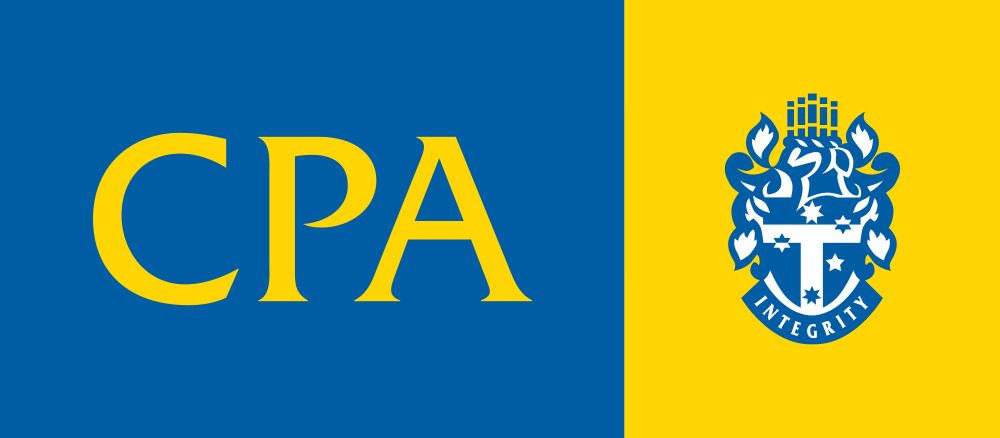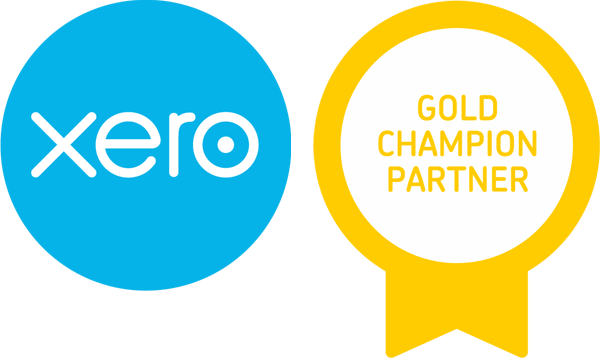Payday Super for Employers
The government recently announced that payday superannuation obligations will commence on 1 July 2026. Payday superannuation requires employers to pay their employees' superannuation at the same time as their salary and wages. This means business owners only have 21 months to prepare for the change.
Essentially, the superannuation payment cycle will match the wages/salary/pay cycle from 1 July 2026 onwards. For example, if the pay cycle is weekly, employers will need to forward their employee’s superannuation to a clearing house weekly. So, instead of processing superannuation four times a year, business owners could be required to pay superannuation 52 times a year if they are on a weekly pay cycle.
The Australian Taxation Office’s (ATO’s) small business clearing house will also close on 1 July 2026. Business owners will then be required to either set up a clearing house with one of the many superannuation funds available or use payroll software.
What can business owners do now?
Begin preparing for the cash flow impact now. If a business owner is currently on a quarterly payment basis for superannuation, their last quarterly payment will be due on 28 July 2026. This could potentially mean that, at that point, they will also be paying weekly payday superannuation payments. Depending on the size of the payroll this could have significant cash flow effects for business owners. If you are a business owner and need help planning for this, please contact us.
The best practice would be to integrate superannuation payments through payroll software, as most software payroll programs have an inbuilt clearing house. However, business owners need to be mindful that there are costs associated with using payroll software. If you are currently using the ATO’s Small Business Clearing House (SBCH), you must move to another system by 1 July 2026.
Positives
Some positive outcomes relating to these changes include:
- The Superannuation Guarantee (SG) calculation remains the same – based on Ordinary Times Earning (OTE).
- No more SGC forms to complete, as the ATO will do this assessment and notify business owners.
- Small or irregular payments can be held over until the next payday schedule.
- This SGC will now be tax-deductible.
- Employees are now able to show their stapled superannuation fund during onboarding.
Negatives
Some issues arising from these changes include:
- Employees must pay the SG on the same day the employee is paid.
- The seven day rule will still apply, so funds must be allocated to the employee’s superannuation fund within seven days of wages being paid. Once the superannuation payment has been made, this is really out of the business owner’s control, so watch this space to see how the ATO deals with this.
- The SBCH is being closed as of 1 July 2026.
- The cost of payroll software will increase.
Small business Impact
Small business owners need to be mindful of the following:
- Cash flow will definitely be the biggest hurdle for small business owners. While this law ensures that the employee’s superannuation will get paid, a business’s other suppliers may have to wait for payment if the change over the period results in cash flow issues.
- This change also brings additional regulatory burdens to employers who are already experiencing the many pressures of everyday business.
- The penalties for non-compliance include an up to 60% administrative fee, and interest is charged at 11.36% pa (currently), applied daily to any overdue payment. In addition, another penalty of up to 50% can be applied if the SGC assessment is not paid within 28 days from issue.
Lastly, we leave you with a comment made by the Institute of Certified Bookkeepers concerning the payday superannuation changes as food for thought:
“The Government fact sheet talks about how “8.9 million employees will benefit from…receiving their superannuation contributions earlier.” It fails to acknowledge that 800,000 employers will not benefit from having to pay earlier. If an employee’s super is being paid into cash-rich superfunds, employers who are already struggling with cash management issues due to the cost of doing business will not have that cash. Landlords, suppliers, energy companies, taxes, and business owners will go without cash while the cash sits in the superfunds. Unpaid super is a problem! However, forcing negative consequences on 100% of employers to fix the problems caused by the few (the ATO Super Gap report suggests only 6% of super has to be chased) doesn’t make sense. Now, 100% of employers will suffer from increased processing and payment costs. The adoption of NPP (New Payments Platform: PayTo/PayID) is good. This should enable straight-through processing directly from the employer to the member’s account in the superfund. We will wait to see if the Government enforces this possibility.”
Please contact us if you need any assistance in your business.




